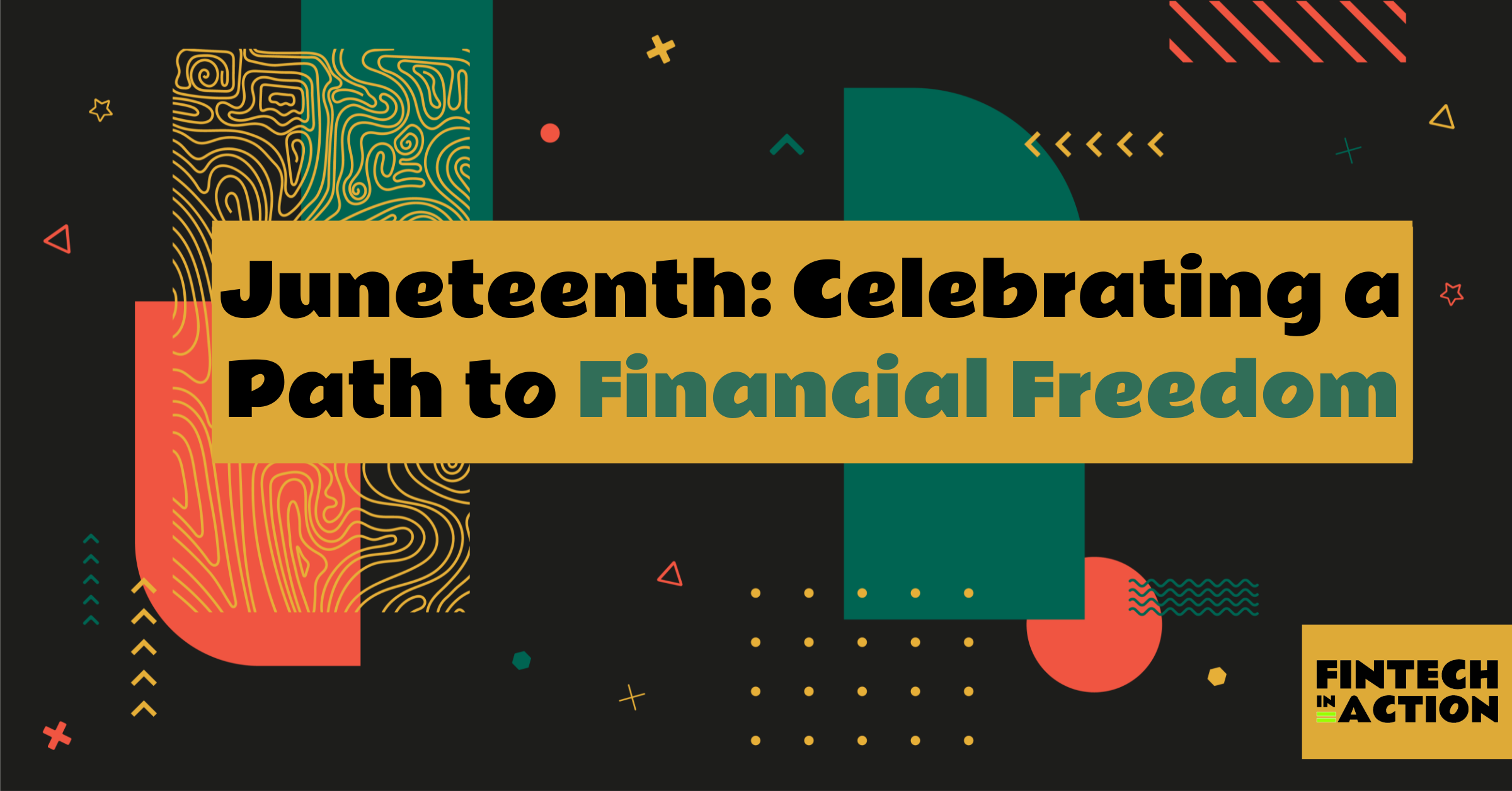
As we commemorate Juneteenth, a significant moment in American history, it’s essential that we celebrate the resilience of our ancestors while also empowering the next generation to thrive while building equity, justice, and economic power. Progress has been made since the abolition of slavery but we still find ourselves in an ongoing struggle for financial freedom. Economic empowerment is a way to overcome systemic obstacles and create a prosperous future. Discover the link between Juneteenth and financial freedom below.
From Juneteenth to Black Wall Street: Pursuing Financial Freedom
Juneteenth commemorates June 19, 1865, when Union forces arrived in Galveston, Texas, to inform the final remaining enslaved Black Americans of the Emancipation Proclamation. This important event in history shows that slavery in the United States ended. But for Black Americans to be truly free, they needed more than just legal freedom. They also needed access to education, the right to vote, and, most importantly, economic fortitude.
In the pursuit of economic freedom, various “Black Wall Streets” surfaced in the 1920s — Greenwood District in Tulsa, Oklahoma and Black Bottom in Detroit, Michigan were among these flourishing Black-owned commercial and residential districts. They offered many residents a taste of success and a path to financial freedom. Unfortunately many who witnessed the creation of these thriving corridors, also experienced their destruction. In the spring of 1921, Tulsa had the worst racial violence in U.S. history with as many as 300 deaths by the hands of an angry white mob. And by the 1950s Detroit’s Black Bottom was demolished by city redevelopment plans and a new freeway.
Financial freedom is the ability to make choices and pursue opportunities without the constraints of financial limitations. Despite the on-going setbacks that impede economic progress, Black Americans continue to overcome adversity and fight to eradicate the financial disparities that persist to this day.
Fintech in Action: Strengthening Economic Education and Empowerment
Brooke Smith, a student at Spelman College, understands the struggle many have faced before her. For Brooke, “Financial freedom is the ability to gain access and resources to fund my goals without being encumbered by debt or other financial issues. It’s crucial to prioritize programs that teach young Black people about money and give them power over it. We know we can close the economic gap by providing the knowledge and tools people need to manage their money well, make wise investment choices, and learn how to be entrepreneurs. Initiatives, like Fintech in Action, that offer guidance, industry access, and resources are crucial to this goal.
In the world we live in now, knowing how to handle money is an important skill everyone should have. “I’m working to achieve financial independence via several avenues such as 401(k), IRA, annuity, and brokerage accounts,” says Juston Knight, Apex Fintech Solutions. “Each is valuable but has different purposes. Most view 401(k) and annuity accounts as options for essential needs and monthly bills. We also have to keep in mind luxuries that we occasionally would like to enjoy, such as traveling and purchasing superior goods.” While taking the time to understand finance may be the responsibility of an individual, many don’t know where to begin and others believe talking about money is taboo.
The financial world can be complex, filled with jargon and intricacies – which can further hinder young Black people, who face unique problems and systemic hurdles from getting ahead financially. This is why Fintech in Action uses social media channels and strategic partnerships with organizations like Braven and Spelman Pathways to help make students and followers more confident about money. Financial education gives people the information and skills they need to feel secure in our world. It talks about things like knowing credit scores, taking care of student loans, owning real estate and making smart choices about insurance, diversifying investments and planning for retirement. “Financial freedom means breaking generational curses and building generational wealth. I’m working to achieve this by being a first-generation college graduate,” says Christian Jones, a Tennessee State University student Christian Jones.
Lastly, financial empowerment can inspire young Black talent to pursue a career in the financial sector or tech industry, giving them a lifetime of security and opportunity for growth. These industries have created most millionaires, so they are fruitful grounds for young professionals, offering chances to grow professionally, move up in the job market, and make suitable changes. Bringing awareness to the lucrative opportunities in fintech and encouraging young Black talent to go into these areas makes the talent pool more diverse and helps break down systemic barriers while promoting equity and inclusion.
As we commemorate Juneteenth, remember the significance of financial freedom and its integral role in the ongoing fight for equality. By recognizing historical barriers and working towards dismantling them, we can honor the spirit of Juneteenth and create a society where economic empowerment is a reality for all. Together, we can foster a future where financial freedom serves as a catalyst for individual prosperity and collective progress.






